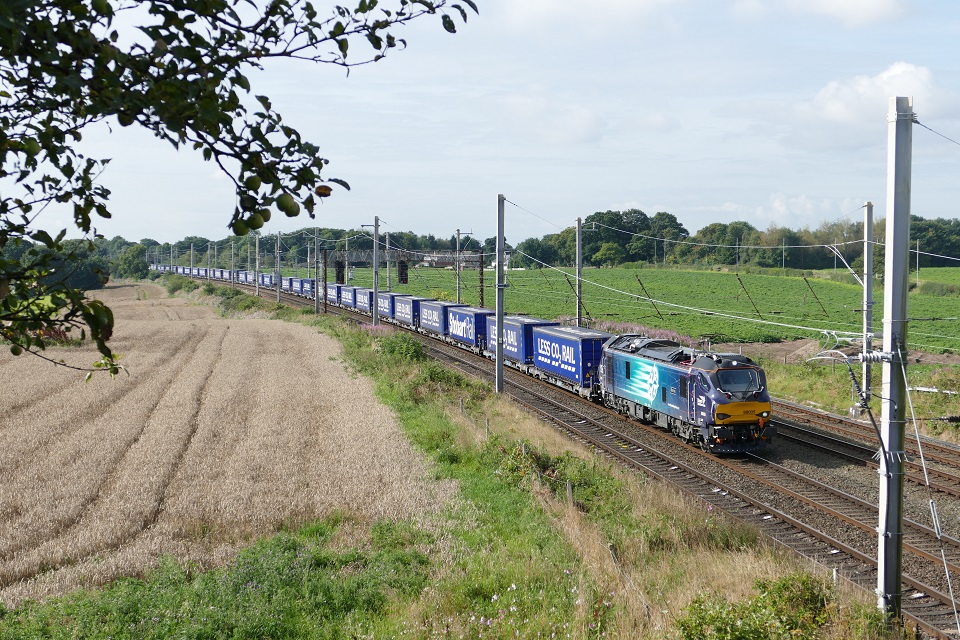Press release: Charity regulator finds serious failings at unregistered organisation
The Commission reports today on its inquiry into Global Welfare Project which found that the organisation’s trustees failed to account for significant sums of charitable funds donated to it.
Global Welfare Project’s website described itself as a charity set up to help provide various forms of aid to Syria including water and sanitation, aid containers, and support to hospitals, orphans and widows.
In 2014 the Commission was notified by West Yorkshire Police of an organisation operating under the name Global Welfare Project which was appealing for donations from the public for charitable purposes. The Commission confirmed to the police that it was not a registered charity, nor had an application been received to register it. The Police conducted an investigation regarding individuals connected with the Organisation, which concluded in 2016.
Global Welfare Project was found to be using the registration number of another registered charity when it solicited donations from the public. The Commission found that the use of another charity’s registration number as its own was misleading. It is an offence to solicit money or other property with a representation that an organisation is a charity registered with the Commission.
On 19 May 2014 the Commission opened a statutory inquiry into the organisation. Shortly after that, the organisation made an application to register as a charity, but the Commission put that application on hold due to the ongoing Police investigation.
The inquiry issued an order under section 76 (3)(d) of the Charities Act 2011 preventing any funds being withdrawn or transferred from Global Welfare Project’s bank account unless authorised by the Commission.
As set out in the report, the inquiry found that the individuals running the organisation did not fulfil key duties under charity law by failing to maintain full and accurate financial records.
As a result of the inquiry, the remaining funds in the organisation’s bank account have since been applied, under section 85 of the Charities Act 2011, to a charity whose purposes are similar to that of Global Welfare Project’s.
Michelle Russell, Director of Investigations, Monitoring and Enforcement at the Charity Commission said:
“Charities rightly have special status within our society. Our report makes clear that those individuals who held funds on behalf of the organisation were trustees of charitable funds with the duties of charity trustees. We found that they failed to monitor and fully account for the funds that were applied which is why we intervened to ensure the remaining funds are properly applied.
“This case serves as a reminder to trustees of charitable funds, that they must comply with charity law, and their behaviour has an impact on public trust and confidence in the charity sector.”
Ends
Notes to Editors:
- Section 76 (3)(d) of the Charities Act 2011 allows the Commission to direct those holding charity property not to part with it without the Commission’s prior consent.
- Section 85 of the Charities Act 2011 allows the Commission to direct those holding charity property to apply it.
- It is an offence under section 63 of the Charities Act 1992 to solicit money or other property with the representation that it is for the benefit of an institution registered with the Commission when it is not.

